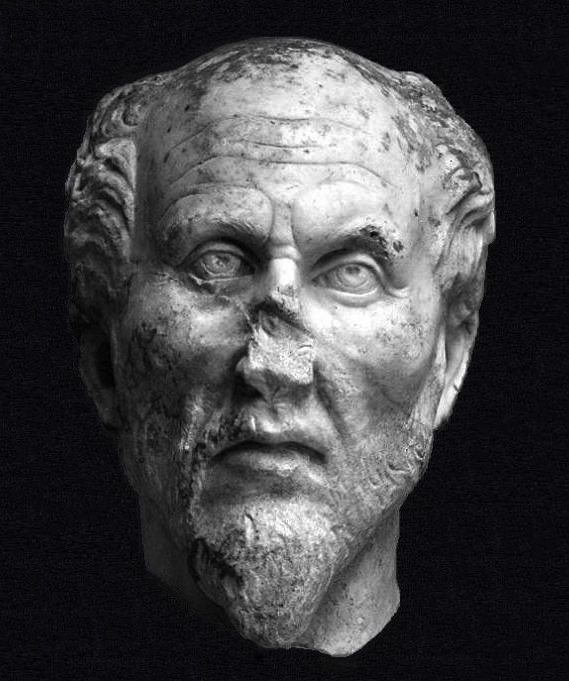Hi Robert,
thank you for your comment.
In his discussion of Plotinus’ philosophy in his Lectures on the History of Philosophy, having written of nothing other than the One and unity with it, Hegel wrote:
‘The main thing is to raise oneself up to the representation of pure being, for that is the simplifying of the soul through which it is transposed into blissful stillness, because its object too is simple and at rest. …In general, and according to its principal moments, this content is that what is first is essential unity, is essential being [Wesen] as such, as primary. The principle is not things as subsisting, not the apparent multiplicity of existence; on the contrary, it is strictly their unity. …The defining of the One is what matters most. …The first being [Sein] overflows…Plotinus designates this bringing forth as a going-forth, a procession. …God or the Good is what engenders…So what is first is what we call the absolute being [Wesen].’
He continued ‘Understanding, nous, or thinking consists then in the fact that by returning to itself the primary being beholds itself…’
Another fundamental ‘error’ by Hegel (I’m being generous in calling these ‘errors’ because I think Hegel distorted, either consciously or unconsciously, key aspect of the philosophies of Plotinus and Proclus to suit his purpose – how he himself used Neoplatonism). For Plotinus, the One does no thinking because thinking requires an object – i.e. division. Thinking for Plotinus takes place in the second hypostasis.
Of Proclus, Hegel wrote: ‘He finds it necessary to show the Many as One and the One as Many – to lead back to unity the forms that the Many assumes.’
Another clear, fundamental ‘error’ by Hegel.
G.W.F. Hegel, Lectures on the History of Philosophy 1825-6 Volume II: Greek Philosophy, Trans. Robert F. Brown and J.M. Stewart, Clarendon Press, Oxford, 2011, 335-336, 341-342
On being Plotinus wrote:
‘…we know the divine Mind within, that which gives Being and all else of that order: but we know too, that other, know that it is none of these, but a nobler principle than anything we know as Being; fuller and greater; above reason, mind, and feeling; conferring these powers, not to be confounded with them.’
The Enneads V.3.14
On many and the One Proclus wrote:
‘…the one is beyond multitude, and is the cause of being to the many’
‘The many, however, do not participate of the one.’
‘And the one itself will not be different from itself; for it would be many and not one.’
The Theology of Plato/Book II/Chapter I
Best regards, Phil
















